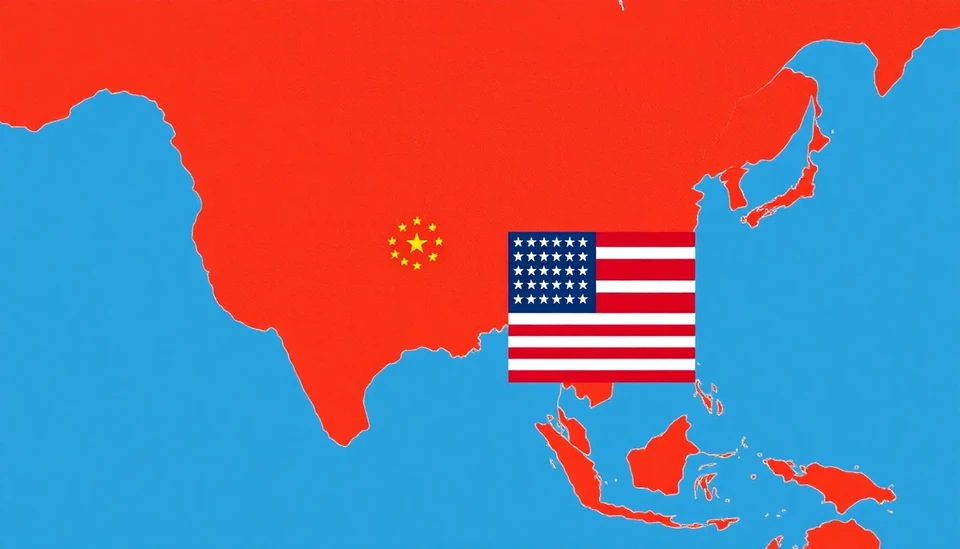
In an era marked by escalating global energy crises and the repercussions of climate change, a debate is igniting within the energy sphere. The focus on transitioning to renewable energy sources has sparked a discussion on the importance of balancing immediate energy security needs with long-term sustainability goals. The crux of this conversation pivots around what some are calling "electricity realism," a practical approach to navigating the complex landscape of energy production and consumption without sliding into the realm of climate denialism.
The term "electricity realism" encapsulates a concept that underscores the necessity of a robust, multifaceted energy strategy. Proponents argue that as nations grapple with volatile energy prices, supply chain disruptions, and geopolitical tensions, the demand for a more pragmatic energy policy becomes clear. This policy advocates for the integration of renewable sources, alongside the responsible use of traditional energy resources, to ensure energy security is maintained without compromising climate goals.
Critics of a purely renewable approach caution against the pitfalls of depending entirely on wind and solar power, especially given their intermittent nature. They argue that while clean energy is crucial, the global infrastructure to support a full transition remains immature. As a solution, "electricity realism" suggests a diversified energy mix—incorporating nuclear power, natural gas, and possibly even coal—under stringent regulatory frameworks aimed at reducing emissions.
Furthermore, the discourse emphasizes the urgency with which nations need to reassess their energy strategies amid growing environmental challenges and societal pressures. In this context, “electricity realism” raises questions about whether the current pace of transitioning to renewables can realistically meet global energy demands. While it is imperative to mitigate climate change, the immediate challenge of securing stable energy supplies cannot be overlooked as economies strive for recovery in the post-pandemic world.
What does this mean for policymakers and stakeholders in the energy sector? The call for “electricity realism” presents an opportunity to rethink energy policies that align both immediate security needs and enduring climate goals. For many, it’s a necessary balance—paving the way for innovation and ensuring that energy systems remain resilient.
Ultimately, rather than stagnating in the ideological battles of climate denialism versus renewable fanaticism, the conversation around energy must evolve. By fostering dialogue around practicality in energy production and consumption, and embracing a broader array of technologies, we can better address the pressing demands of both energy security and climate mitigation.
As nations stand at a crossroads, the future of energy policy hinges not on an idealized vision of exclusively green power, but on a realistic and pragmatic approach that incorporates energy diversity. The path forward requires collaboration, innovation, and above all, an unwavering commitment to securing a sustainable future while simultaneously ensuring energy availability today.
#EnergySecurity #ElectricityRealism #ClimateChange #RenewableEnergy #PragmaticPolicies #EnergyMix #Sustainability #NuclearEnergy
Author: Peter Collins




